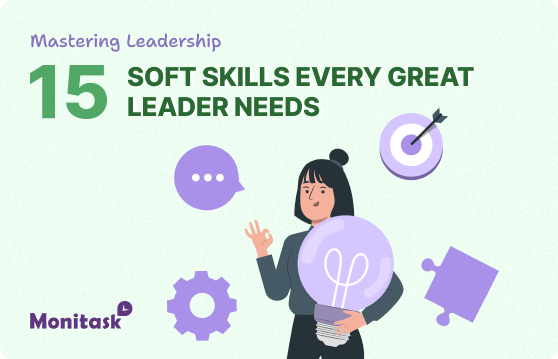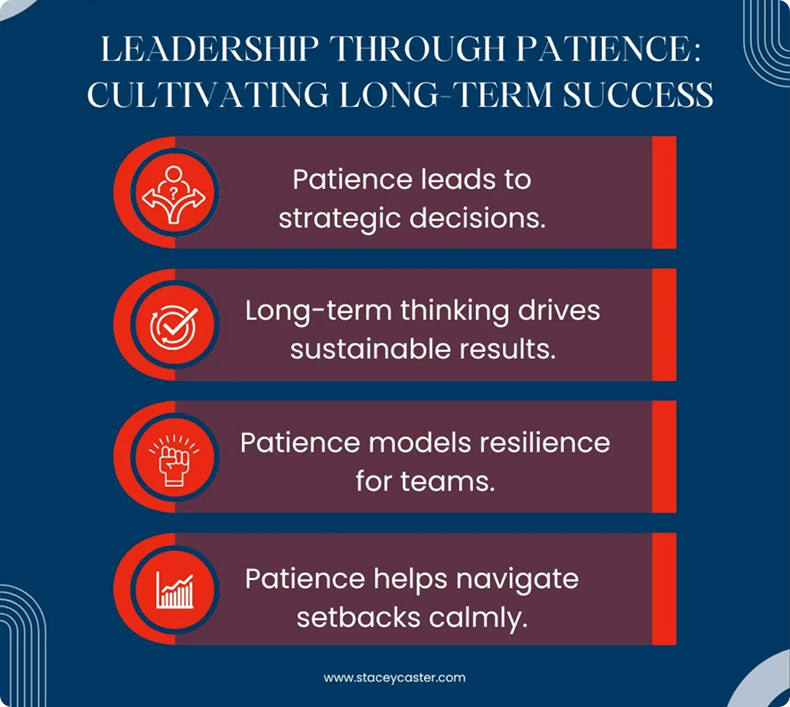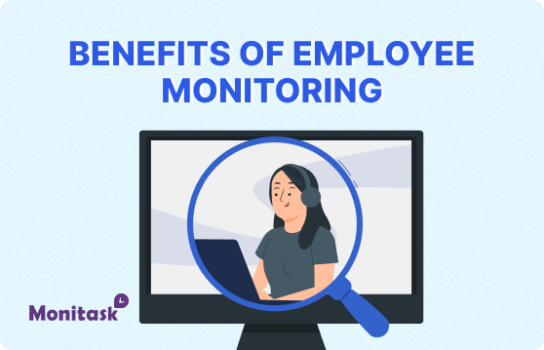Mastering Leadership: 15 Soft Skills Every Great Leader Needs

Leadership is no longer just about managing projects, budgets, or operational metrics is about human connection.
While technical skills are important, what truly distinguishes exceptional leaders is their ability to connect with people, inspire trust, and foster growth within their teams.
Soft skills—the interpersonal abilities that allow leaders to navigate human dynamics effectively—are often the key factor that separates good managers from truly dynamic leaders.
This article explores fifteen essential soft skills that every great leader should cultivate to guide their teams successfully, create a thriving work environment, and achieve long-term organizational success.
1. Communication
Communication lies at the heart of effective leadership. Great leaders are not just skilled at expressing their ideas clearly; they are also adept at listening and ensuring their messages are understood.
A leader who communicates well can convey vision and expectations, inspire confidence, and reduce misunderstandings. Beyond just words, effective communication involves tone, timing, and the ability to adapt the message to different audiences.
Leaders who master communication build strong relationships, align teams around common goals, and foster an environment where people feel heard and valued.
2. Emotional Intelligence
Emotional intelligence, or EQ, is the ability to understand and manage one’s own emotions while recognizing and responding to the emotions of others.
Leaders with high EQ navigate challenges with composure, empathize with team members, and can resolve conflicts before they escalate. Emotional intelligence allows leaders to perceive subtle cues in behavior, anticipate needs, and adjust their approach to maximize engagement and morale.
By demonstrating empathy, awareness, and sensitivity, emotionally intelligent leaders cultivate loyalty and create a culture of psychological safety.

3. Empathy
Empathy is the cornerstone of meaningful leadership. It goes beyond understanding tasks or performance; it involves connecting with people on a personal level and genuinely appreciating their perspectives.
Empathetic leaders recognize that every employee has unique challenges, motivations, and goals, and they strive to support them in ways that foster both professional growth and personal well-being.
By showing compassion and understanding, leaders build trust and create an environment in which employees feel valued, heard, and motivated to contribute their best work.
4. Adaptability
The modern business landscape is defined by change and uncertainty, making adaptability an essential trait for leaders.
Adaptable leaders are able to pivot strategies, embrace new technologies, and respond effectively to unforeseen challenges. This flexibility encourages innovation and helps teams stay resilient in the face of disruptions.
Leaders who demonstrate adaptability model confidence and agility for their teams, making employees feel secure even when circumstances shift.
Being adaptable is not just about reacting; it’s about anticipating change, remaining open-minded, and inspiring others to approach challenges with creativity and resourcefulness.
5. Conflict Resolution
Conflict is inevitable in any workplace, and how a leader handles disagreements often determines the overall health of the team.
Strong leaders approach conflict constructively, seeking solutions rather than assigning blame. They listen carefully to all sides, understand underlying issues, and facilitate dialogue that leads to mutually acceptable outcomes.
Effective conflict resolution preserves relationships, maintains morale, and strengthens trust within the team.
Leaders who can navigate tension calmly and fairly create a culture where employees feel safe expressing differing viewpoints and collaborating to solve problems.
6. Decision-Making
Leadership is inseparable from decision-making. Great leaders are able to assess complex situations, weigh the risks and benefits, and make informed choices even in the face of uncertainty.
Decision-making requires a balance of logic, experience, and intuition. Leaders who make decisions thoughtfully and transparently foster confidence among their teams, demonstrating clarity of purpose and accountability.
When employees understand the reasoning behind decisions, they are more likely to support the outcomes and remain engaged in executing them.
7. Active Listening
Listening is an active, intentional skill that allows leaders to understand not just what employees say, but what they mean and feel. Active listening builds trust, encourages open dialogue, and demonstrates respect.
Leaders who listen attentively can uncover insights, identify potential problems early, and provide guidance that is both relevant and supportive.
By prioritizing listening over speaking, leaders foster stronger relationships, reduce misunderstandings, and create an environment where employees feel genuinely valued.
8. Motivation
Motivation is both an art and a science in leadership.
Effective leaders know how to inspire people to give their best effort consistently. They understand what drives each individual—whether it is personal growth, recognition, purpose, or achievement—and tailor their approach to meet those motivations.
Motivated employees exhibit higher engagement, productivity, and loyalty. Leaders who communicate a compelling vision, celebrate successes, and align team goals with individual aspirations create an environment where motivation flourishes naturally.
9. Collaboration
True leadership is about fostering collaboration rather than simply directing tasks. Leaders who encourage teamwork, facilitate cooperation, and create opportunities for shared problem-solving help teams achieve results that surpass individual contributions.
Collaboration requires openness, respect for diverse perspectives, and the ability to mediate differing viewpoints constructively.
Leaders who champion collaboration cultivate a sense of collective purpose and belonging, inspiring employees to contribute fully and work toward common objectives.

10. Delegation
Effective leaders understand that they cannot do everything themselves. Delegation is the skill of entrusting responsibilities to others while providing guidance and support.
Leaders who delegate wisely empower their teams, develop employee skills, and focus on strategic priorities. Proper delegation demonstrates trust, builds confidence, and creates opportunities for growth, while avoiding micromanagement that can stifle initiative.
By balancing oversight with freedom, leaders create an environment where employees feel capable and accountable.
11. Creativity
Creativity in leadership involves thinking beyond conventional solutions and inspiring innovation within the team.
Leaders who encourage experimentation, embrace diverse ideas, and approach problems from multiple angles foster a culture of innovation.
Creative leaders are not afraid of failure—they view challenges as opportunities to learn and improve. By promoting imaginative thinking, leaders help teams adapt to change, discover novel approaches, and continuously evolve.
12. Resilience
Resilience is the capacity to recover from setbacks and maintain forward momentum. Leaders who demonstrate resilience provide stability during challenging times, showing their teams that obstacles are opportunities rather than insurmountable barriers.
Resilient leaders inspire confidence and perseverance, encouraging employees to embrace challenges and remain committed to long-term goals.
Resilience is cultivated through experience, self-awareness, and the ability to learn from adversity, ultimately strengthening both the leader and the team.
13. Negotiation
Leadership often requires negotiation—whether with clients, stakeholders, or team members. Strong leaders know how to communicate persuasively, understand the interests of others, and arrive at mutually beneficial agreements.
Negotiation skills enable leaders to balance competing priorities, resolve conflicts, and achieve outcomes that serve both the organization and its employees.
Effective negotiation is rooted in empathy, strategic thinking, and the ability to find creative solutions that satisfy multiple parties.
14. Patience
Patience is an essential quality for leaders who aim for long-term success. Change, development, and innovation often take time, and impatience can lead to rushed decisions or strained relationships.
Leaders who practice patience are better able to mentor employees, guide teams through complex projects, and make thoughtful, informed decisions.
Patience builds trust, encourages thoughtful problem-solving, and allows teams to flourish at a sustainable pace.

15. Cultural Awareness
In today’s globalized workplace, cultural awareness is more critical than ever. Leaders must understand and respect the diverse backgrounds, beliefs, and communication styles of their team members.
Cultural awareness fosters inclusivity, reduces misunderstandings, and enhances collaboration. Leaders who actively learn about and embrace cultural differences can build stronger connections, create a sense of belonging, and drive more effective teamwork across global teams.
Why Soft Skills Matter in Leadership?
While hard skills are necessary to execute tasks, soft skills are what allow leaders to inspire, influence, and elevate their teams.
Soft skills enable leaders to navigate complex interpersonal dynamics, foster trust, and create a work environment where employees are motivated to perform at their best.
Leaders who invest in developing these abilities are more effective, respected, and capable of sustaining long-term organizational success.
Maximize productivity of your business
Track employee productivity and simplify work with them
Conclusion: Mastering Soft Skills
Leadership is not about perfection; it is about balance, empathy, and human connection.
By mastering these fifteen soft skills, leaders not only enhance their own effectiveness but also create an environment where teams can thrive.
The most successful leaders are those who combine vision with emotional intelligence, strategy with compassion, and authority with approachability.
Developing these skills is a continuous journey, but the payoff is a team that is engaged, motivated, and ready to achieve extraordinary results.
– The Monitask Team
FAQ: Leadership and Soft Skills
Can soft skills be learned, or are they innate?
Soft skills can absolutely be developed with intention and practice. While some people may naturally excel in areas like empathy or communication, consistent effort, feedback, and reflection allow anyone to strengthen their interpersonal abilities and become a more effective leader.
Which soft skill is the most important for leadership?
It’s difficult to single out one skill because leadership requires a combination of traits. However, many experts highlight emotional intelligence as foundational, because it influences communication, empathy, conflict resolution, and team motivation.
How can I assess my soft skills as a leader?
You can assess your soft skills through self-reflection, seeking feedback from colleagues, observing team engagement, and considering areas where conflicts or miscommunications occur. Professional development programs, coaching, and 360-degree feedback tools are also effective ways to evaluate and improve leadership soft skills.



